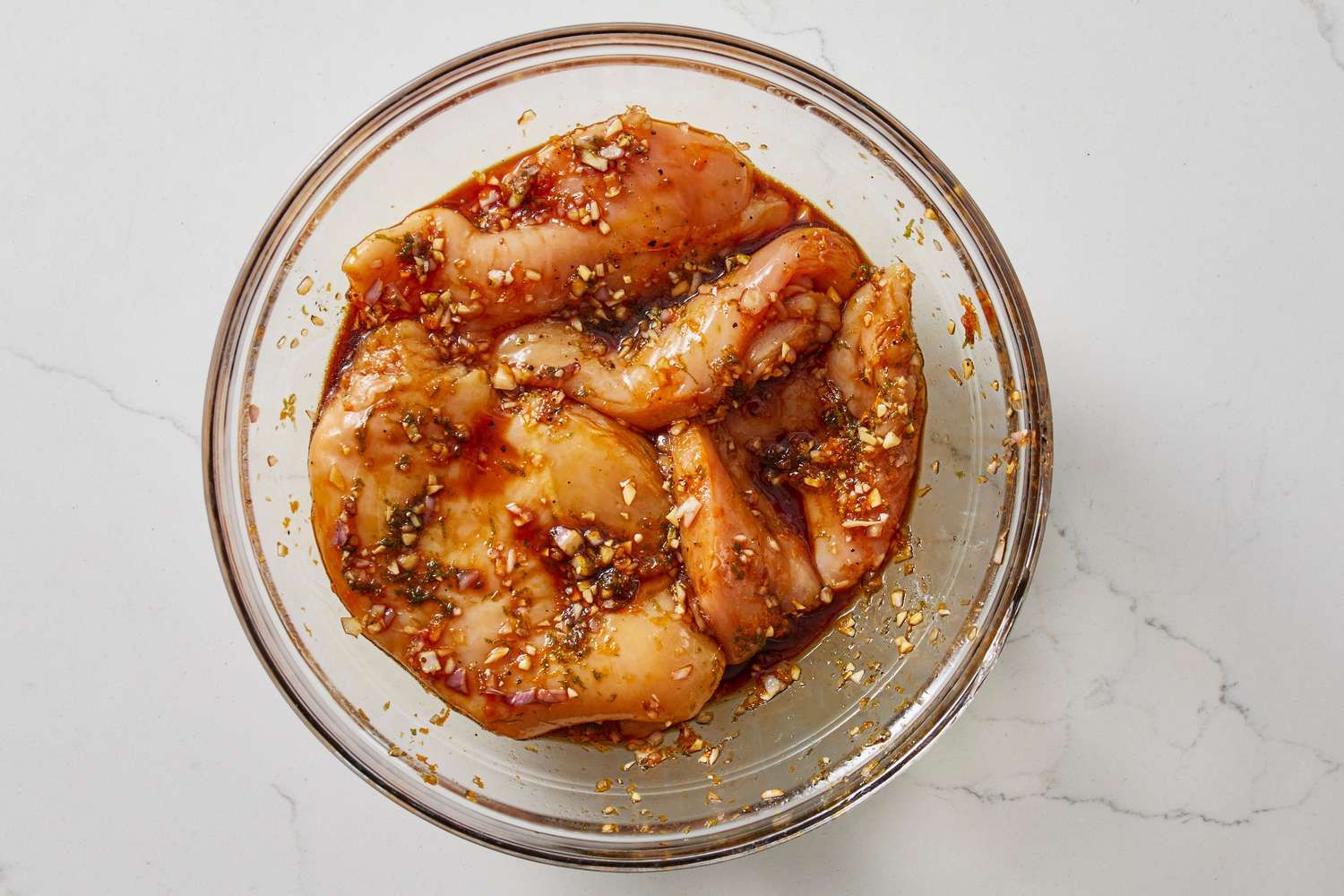

Articles
How To Store Marinated Chicken
Modified: August 24, 2024
Learn the proper way to store marinated chicken to keep it fresh and flavorful. Read our helpful articles on how to store marinated chicken and prevent spoilage.
(Many of the links in this article redirect to a specific reviewed product. Your purchase of these products through affiliate links helps to generate commission for Storables.com, at no extra cost. Learn more)
Introduction
Marinating chicken is a popular cooking technique that adds flavor and tenderness to the meat. Whether you’re preparing grilled chicken, stir-fry, or a tasty chicken curry, marinating can take your dish to the next level. However, once your chicken is marinated, it’s essential to store it properly to maintain its freshness and prevent any potential foodborne illnesses.
In this article, we will explore the importance of storing marinated chicken correctly, provide tips on choosing the right container, and guide you through the process of refrigerating, freezing, and thawing marinated chicken. By following these guidelines, you can prevent spoilage and ensure your marinated chicken stays delicious and safe to eat.
Key Takeaways:
- Properly storing marinated chicken is crucial for maintaining flavor, texture, and safety. Choose the right container, refrigerate at 40°F, freeze at 0°F, and thaw safely to enjoy delicious and safe meals.
- To maximize flavor and quality, marinate chicken for adequate time, season properly, and handle with care. Follow best practices for storage, cooking, and serving to create mouthwatering and memorable dishes.
Read more: What Is Marine Construction
Importance of Properly Storing Marinated Chicken
Properly storing marinated chicken is crucial to maintain its quality, prolong its shelf life, and prevent the growth of harmful bacteria. When chicken is marinated, the flavors from the marinade penetrate the meat, enhancing its taste and tenderness. However, if the marinated chicken is not stored correctly, it can lead to bacterial growth, spoilage, and potential foodborne illnesses.
Bacteria, such as Salmonella and Campylobacter, can be present in raw chicken, and when it is marinated, these bacteria can multiply quickly if the chicken is not stored at the proper temperature. These harmful bacteria can cause food poisoning and lead to symptoms like nausea, vomiting, diarrhea, and abdominal pain. To avoid these health risks, it is essential to follow the recommended guidelines for storing marinated chicken.
Proper storage also helps to maintain the integrity and flavor of the marinade. If the chicken is exposed to air, heat, or other contaminants, it can spoil the marinade’s flavor profile and reduce the overall quality of the dish. Additionally, improper storage can result in the chicken becoming dry, tough, or losing its overall texture, which can affect the taste and enjoyment of the meal.
By storing marinated chicken correctly, you can enjoy flavorful and tender meat while minimizing the risk of foodborne illnesses. The following sections will guide you through the process of choosing the right container, refrigerating, freezing, and thawing marinated chicken, ensuring that you maintain its freshness and quality.
Choosing the Right Container for Storing Marinated Chicken
When it comes to storing marinated chicken, selecting the appropriate container is essential to maintain its taste, texture, and safety. Here are some factors to consider when choosing the right container:
1. Material: Opt for containers made of glass, stainless steel, or food-grade plastic. These materials are non-reactive and won’t transfer any unwanted flavors or chemicals to your chicken. Avoid containers made of aluminum or copper, as they can react with the acidity in the marinade and alter the taste of the chicken.
2. Size: Choose a container that can accommodate the amount of marinated chicken you plan to store. It’s important to leave enough space for the chicken and marinade, allowing for even distribution and easy mixing. If using a container with a lid, ensure that it fits securely to prevent any leaks or spills.
3. Airtight Seal: Look for a container with an airtight seal to prevent air from entering and moisture from escaping. This helps to maintain the freshness and flavor of the marinade while preventing bacteria growth.
4. Transparent: Consider using a transparent or translucent container to easily check the condition of the chicken without opening the lid. This reduces the risk of contamination and allows you to assess the quality of the marinade and chicken.
5. Separate Containers: If you’re marinating different types of chicken or using multiple marinades, it’s best to store them in separate containers. This avoids cross-contamination and allows you to have greater control over the flavors.
Once you’ve selected the right container, place the marinated chicken inside and ensure that it is completely covered by the marinade. This ensures that the flavors are evenly distributed throughout the chicken and helps to tenderize the meat.
Now that you know how to choose the right container, let’s dive into the next section—refrigerating marinated chicken—where we’ll discuss the proper temperature and time for storage.
Refrigerating Marinated Chicken
Refrigerating marinated chicken is crucial for maintaining its freshness and preventing bacterial growth. Here are some guidelines to follow when refrigerating marinated chicken:
1. Temperature: It is important to store marinated chicken in the refrigerator at or below 40°F (4°C). Keeping it at the right temperature slows down bacterial growth and helps to preserve the quality of the chicken.
2. Shelf Life: Marinated chicken can be stored in the refrigerator for up to 2 days. After that, the risk of bacteria growth increases significantly, and the chicken may start to lose its flavor and texture.
3. Placement: Always store marinated chicken on the bottom shelf of the refrigerator to prevent any potential cross-contamination from raw juices dripping onto other foods. It’s also a good idea to place the container of marinated chicken in a tray or on a plate to catch any possible spills.
4. Covering: Make sure to cover the container tightly with its lid or use plastic wrap to keep the chicken well-sealed. This prevents the chicken from drying out and helps maintain its flavor.
5. Avoiding Exposure: Avoid exposing the marinated chicken to air for extended periods. Oxygen exposure can affect the quality and taste of the chicken. Additionally, keeping the chicken covered prevents any potential odors from permeating throughout the refrigerator.
6. Safe Handling: When handling marinated chicken, always practice proper food safety protocols. Wash your hands thoroughly before and after handling raw chicken to prevent cross-contamination. Use separate utensils and cutting boards for raw chicken and other ingredients to minimize the risk of bacteria transfer.
By following these guidelines, you can ensure that your marinated chicken stays fresh, flavorful, and safe to consume. In the next section, we will explore the process of freezing marinated chicken, which can be a useful option to prolong its storage life.
Freezing Marinated Chicken
Freezing marinated chicken is a practical method to extend its shelf life and preserve its flavor. Here’s how to properly freeze your marinated chicken:
1. Timing: If you plan to freeze marinated chicken, do so as soon as possible after the marinating process. This helps to capture the freshness and flavor of the marinade, ensuring a delicious meal once thawed.
2. Packaging: Transfer the marinated chicken into a freezer-safe container or freezer bag. Ensure that the container is airtight to prevent freezer burn and maintain the integrity of the marinade. Remove any excess air from the bag before sealing it. Alternatively, you can wrap the marinated chicken tightly in plastic wrap and then place it in a freezer bag.
3. Portioning: If you anticipate only using a portion of the marinated chicken at a time, consider dividing it into individual portions before freezing. This makes it easier to thaw and prevents the need to defrost the entire batch.
4. Labeling: Properly label each container or bag with the date of freezing to keep track of its freshness. Additionally, write down any specific details about the marinade or flavor profile to make meal planning more convenient.
5. Freezing Temperature and Duration: Store the marinated chicken in the freezer at 0°F (-18°C) or below. This ensures that the chicken freezes quickly and maintains its quality. Marinated chicken can be stored in the freezer for up to 3 months, although it’s best to consume it within 1-2 months for optimal taste.
6. Thawing Properly: When ready to use the frozen marinated chicken, thaw it in the refrigerator overnight. Avoid thawing chicken at room temperature, as it can lead to bacterial growth and compromise food safety. Once thawed, the chicken can be cooked immediately, ensuring a safe and delicious meal.
By following these freezing guidelines, you can enjoy the convenience of having marinated chicken readily available whenever you need it. In the next section, we will explore the process of thawing marinated chicken to ensure it is done safely and effectively.
After marinating chicken, store it in an airtight container or resealable bag in the refrigerator for up to 2 days to allow the flavors to develop. Make sure to label the container with the date to track its freshness.
Read more: How To Store Chicken In Fridge
Thawing Marinated Chicken
Thawing marinated chicken properly is essential to maintain its quality and ensure it is safe to consume. Here are some recommended methods for thawing marinated chicken:
1. Refrigerator Thawing: The safest and most recommended method for thawing marinated chicken is to transfer it from the freezer to the refrigerator. Place the frozen chicken in a shallow dish or on a plate to catch any potential drips. Allow it to thaw in the refrigerator for 24 to 48 hours, depending on the size and thickness of the chicken pieces. Thawing in the refrigerator allows for a slow, even thaw, ensuring the chicken stays juicy and flavorful.
2. Cold Water Thawing: If you need to thaw marinated chicken quickly, you can use the cold water thawing method. Ensure that the marinated chicken is in a leak-proof bag to prevent water from entering and compromising its flavor. Submerge the chicken in a bowl of cold water, changing the water every 30 minutes to maintain a consistent temperature. It generally takes about 30 minutes per pound (500 grams) to thaw using this method.
3. Microwave Thawing: Using a microwave to thaw marinated chicken is a faster option but requires caution to prevent partial cooking. Follow the microwave manufacturer’s instructions and use the defrost or low-power setting to thaw the chicken. Be sure to cook it immediately after thawing, as the microwave can begin cooking some parts of the chicken during the thawing process.
Once the marinated chicken is fully thawed, it is essential to cook it immediately. Do not refreeze partially thawed chicken, as it can lead to bacterial growth and compromised food safety.
Note: While thawing marinated chicken, it is crucial to keep it separate from other food items to prevent cross-contamination. Clean and sanitize any surfaces or utensils that come into contact with the thawing chicken to maintain proper food safety practices.
Now that you know how to thaw marinated chicken safely, let’s move on to the best practices for storing marinated chicken and tips for maximizing flavor and quality.
Best Practices for Storing Marinated Chicken
To ensure the freshness, safety, and quality of your marinated chicken, it’s important to follow these best practices for storage:
1. Temperature Control: Always store marinated chicken in either the refrigerator or freezer. Keep it in the refrigerator at or below 40°F (4°C) to inhibit bacterial growth, or freeze it at 0°F (-18°C) or below for long-term storage. Avoid leaving marinated chicken at room temperature for extended periods, as it can lead to bacterial growth and compromise food safety.
2. Clear Labeling: Properly label your containers or freezer bags with the date of preparation and any specific details about the marinade or flavor. This helps you keep track of the freshness of the marinated chicken and prevents any confusion when planning meals.
3. Proper Sealing: Ensure that your storage containers are airtight to prevent air and moisture from entering or leaving. Proper sealing maintains the freshness of the marinade and prevents the chicken from drying out or developing freezer burn.
4. First In, First Out (FIFO): If you have multiple batches of marinated chicken, organize your storage space to practice the FIFO method. This means using the oldest batch of chicken first to prevent any wastage and ensure that all the chicken is consumed within a safe timeframe.
5. Separate Storage: When storing different types of marinated chicken or using various marinades, it’s best to keep them in separate containers. This prevents cross-contamination and helps preserve the distinct flavors of each batch.
6. Monitoring Shelf Life: Keep track of the shelf life of your marinated chicken. Properly stored, marinated chicken can typically be refrigerated for up to 2 days or frozen for up to 3 months. Discard any chicken that shows signs of spoilage, such as an off odor, slimy texture, or discoloration.
By following these best practices for storing marinated chicken, you can ensure that it remains safe, flavorful, and ready to be cooked into a delicious meal. In the next section, we will provide some tips for maximizing the flavor and quality of your marinated chicken dishes.
Tips for Maximizing Flavor and Quality
To elevate the flavor and quality of your marinated chicken dishes, consider incorporating the following tips into your cooking routine:
1. Marinating Time: Allow enough time for the chicken to marinate. The longer the marinating time, the more intense the flavor will be. However, be mindful that over-marinating can lead to a tough texture. Aim for a minimum marinating time of 30 minutes, but overnight marination is often recommended for maximum flavor infusion.
2. Properly Season: Ensure that your marinade contains a balance of flavors, including acidity, sweetness, saltiness, and aromatic components. Experiment with different herbs, spices, and marinade ingredients to create a unique and delicious blend. Be cautious with the use of salt, as it can draw out moisture from the chicken, leading to a dry texture.
3. Massage the Chicken: Before marinating, gently massage or rub the marinade into the chicken. This helps to ensure that the flavors penetrate deeply and evenly throughout the meat.
4. Keep it Moist: To prevent your marinated chicken from drying out, make sure to coat it well with the marinade and store it in an airtight container. This helps to seal in moisture and maintain a juicy texture.
5. Basting: While cooking, periodically baste the chicken with the remaining marinade to infuse more flavor and keep the meat moist. However, only use the marinade that has not come into contact with raw chicken to avoid any cross-contamination.
6. Cooking Temperature: Cook marinated chicken to the appropriate internal temperature to ensure both safety and optimal flavor. The recommended minimum internal temperature for chicken is 165°F (75°C). Use a meat thermometer to accurately measure the temperature, avoiding overcooking that can result in dry chicken.
7. Allow Resting Time: After cooking, allow the chicken to rest for a few minutes before serving. This helps to redistribute the juices, resulting in more tender and flavorful meat.
8. Serve with Fresh Herbs or Sauces: To enhance the flavor of your marinated chicken, garnish it with fresh herbs, such as cilantro, parsley, or basil. Additionally, consider pairing it with a complementary sauce or dip to add an extra layer of flavor.
By following these tips, you can maximize the flavor and quality of your marinated chicken, turning it into a mouthwatering and memorable dish.
Conclusion
Properly storing marinated chicken is essential for maintaining its flavor, texture, and safety. By following the guidelines outlined in this article, you can ensure that your marinated chicken stays fresh and delicious, from the moment it is prepared until it’s time to cook.
Choosing the right container, whether it’s glass, stainless steel, or food-grade plastic, is crucial to prevent any unwanted flavors or chemicals from affecting your marinated chicken. Refrigerating marinated chicken at or below 40°F (4°C) helps to slow bacterial growth and maintain its quality for up to two days. Freezing marinated chicken at 0°F (-18°C) or below extends its shelf life for up to three months, allowing for more flexibility in meal planning.
Thawing marinated chicken safely is equally important to prevent any potential bacterial growth or compromise in food safety. Whether you choose to thaw it in the refrigerator, in cold water, or with a microwave, always handle raw chicken with care and avoid leaving it at room temperature for too long.
To enhance the flavor and quality of your marinated chicken, consider implementing tips such as marinating for an adequate amount of time, properly seasoning the marinade, massaging the chicken to ensure even distribution, and basting during cooking. Combine these practices with cooking to the appropriate internal temperature and allowing the chicken to rest to achieve the best possible results.
Remember to practice good food safety habits at all times, such as proper hand hygiene, using separate utensils for raw chicken, and avoiding cross-contamination. By following these best practices, you can enjoy delicious and safely prepared marinated chicken dishes every time.
So the next time you marinate chicken, be sure to store it correctly and follow these tips to maximize flavor and quality. By doing so, you’ll ensure a delightful dining experience for yourself and your loved ones.
Frequently Asked Questions about How To Store Marinated Chicken
Was this page helpful?
At Storables.com, we guarantee accurate and reliable information. Our content, validated by Expert Board Contributors, is crafted following stringent Editorial Policies. We're committed to providing you with well-researched, expert-backed insights for all your informational needs.
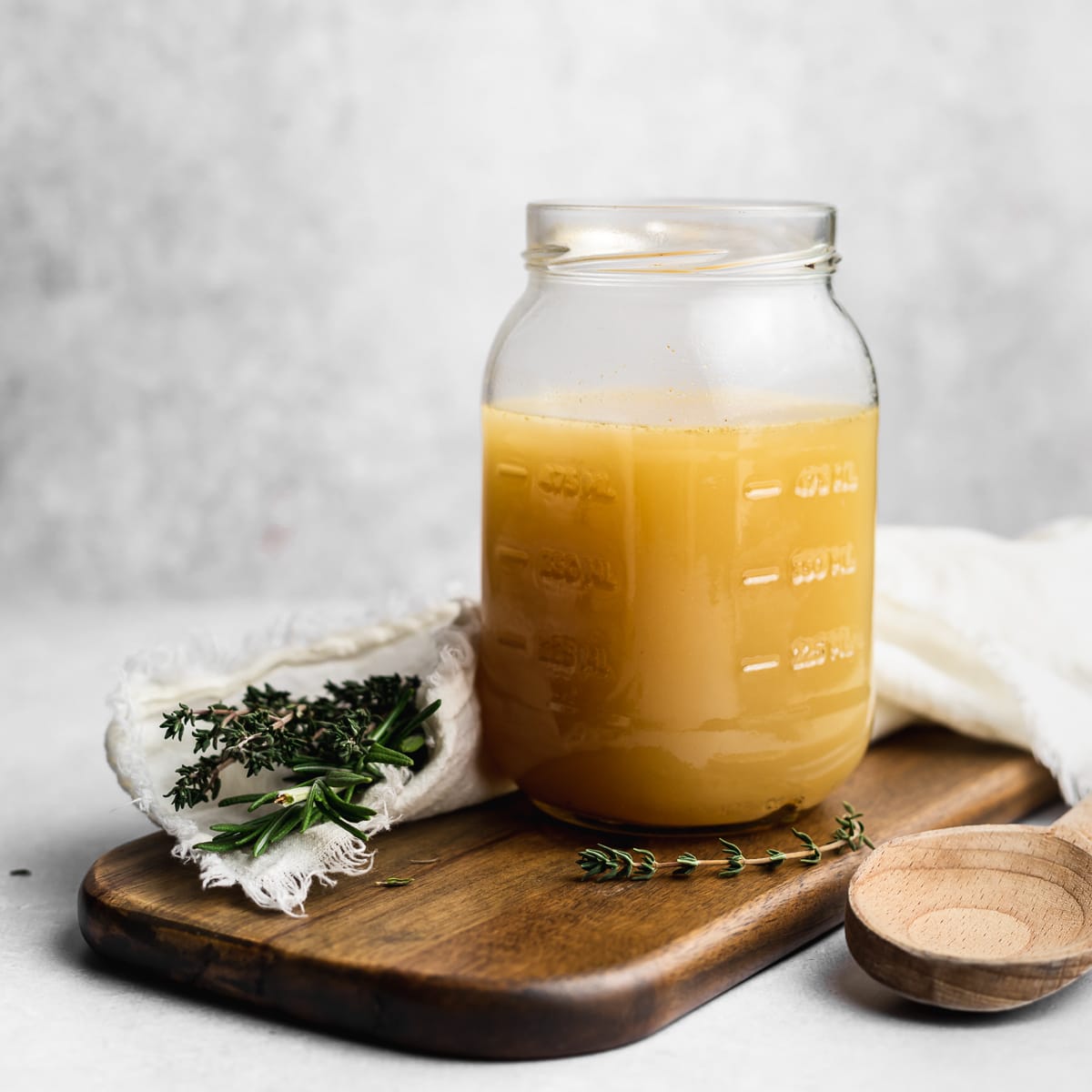
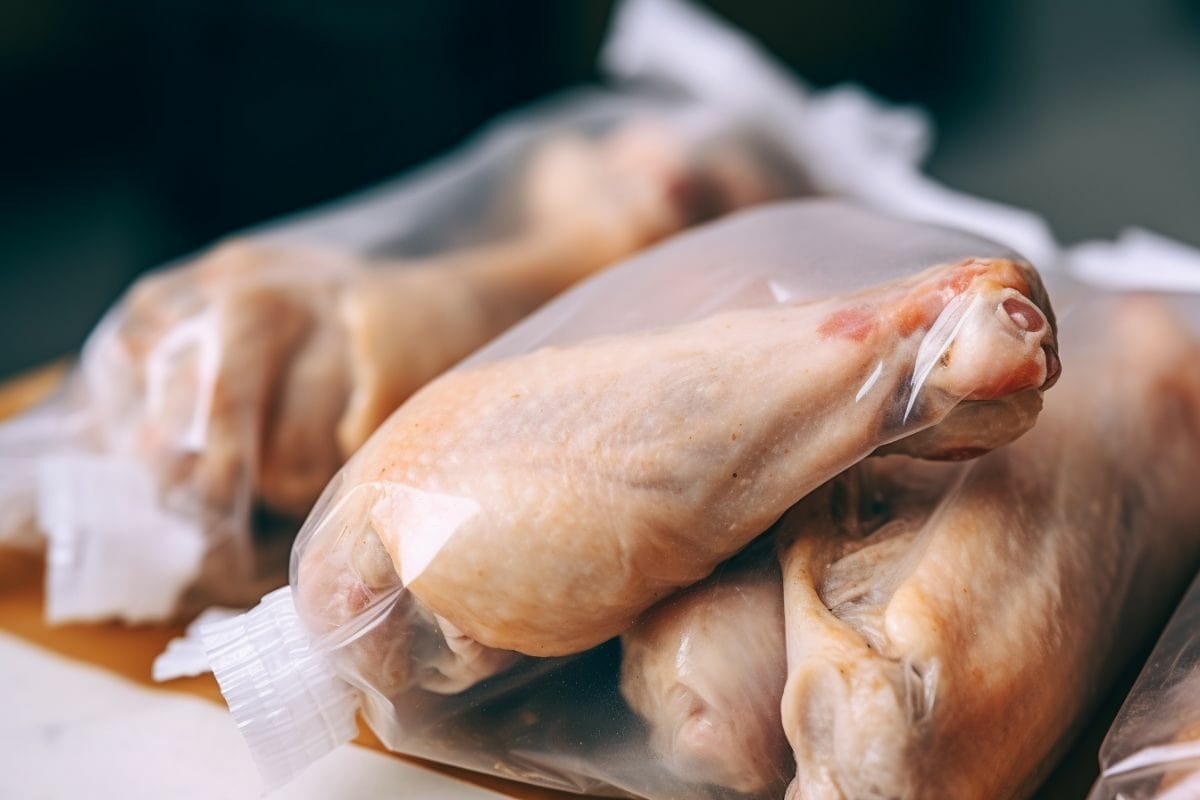
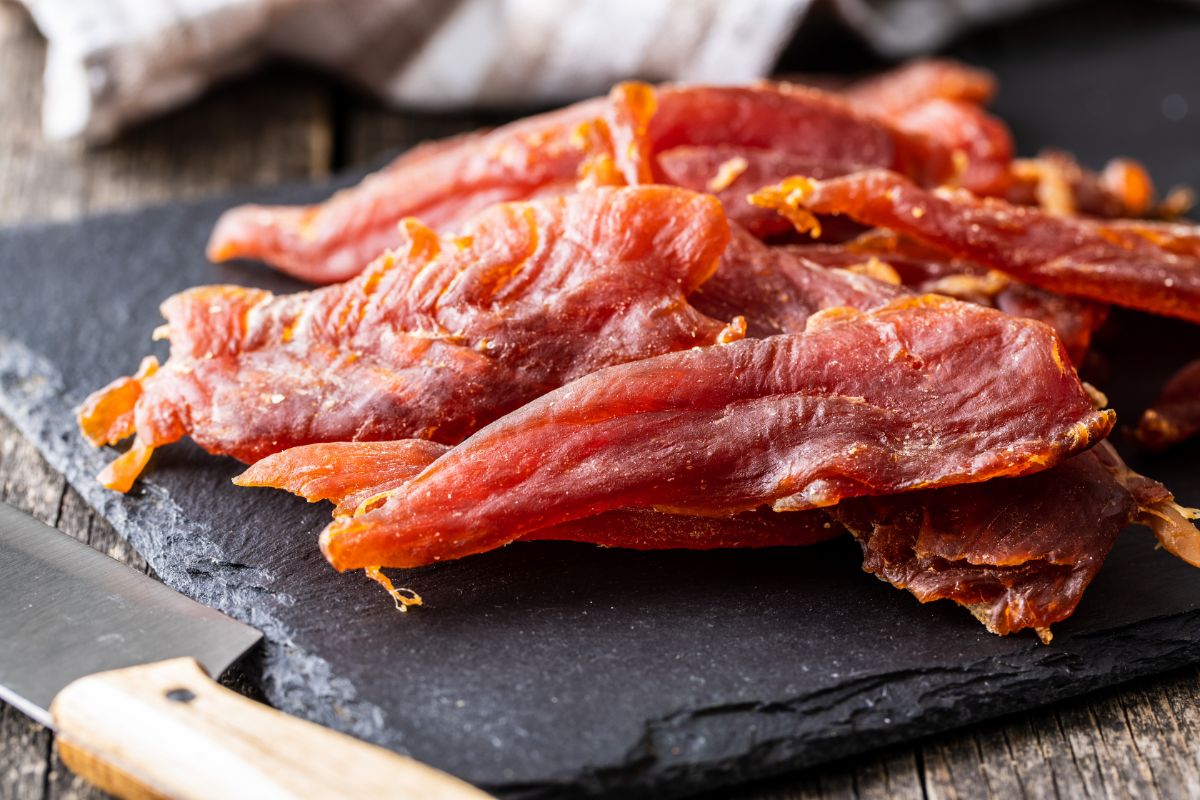
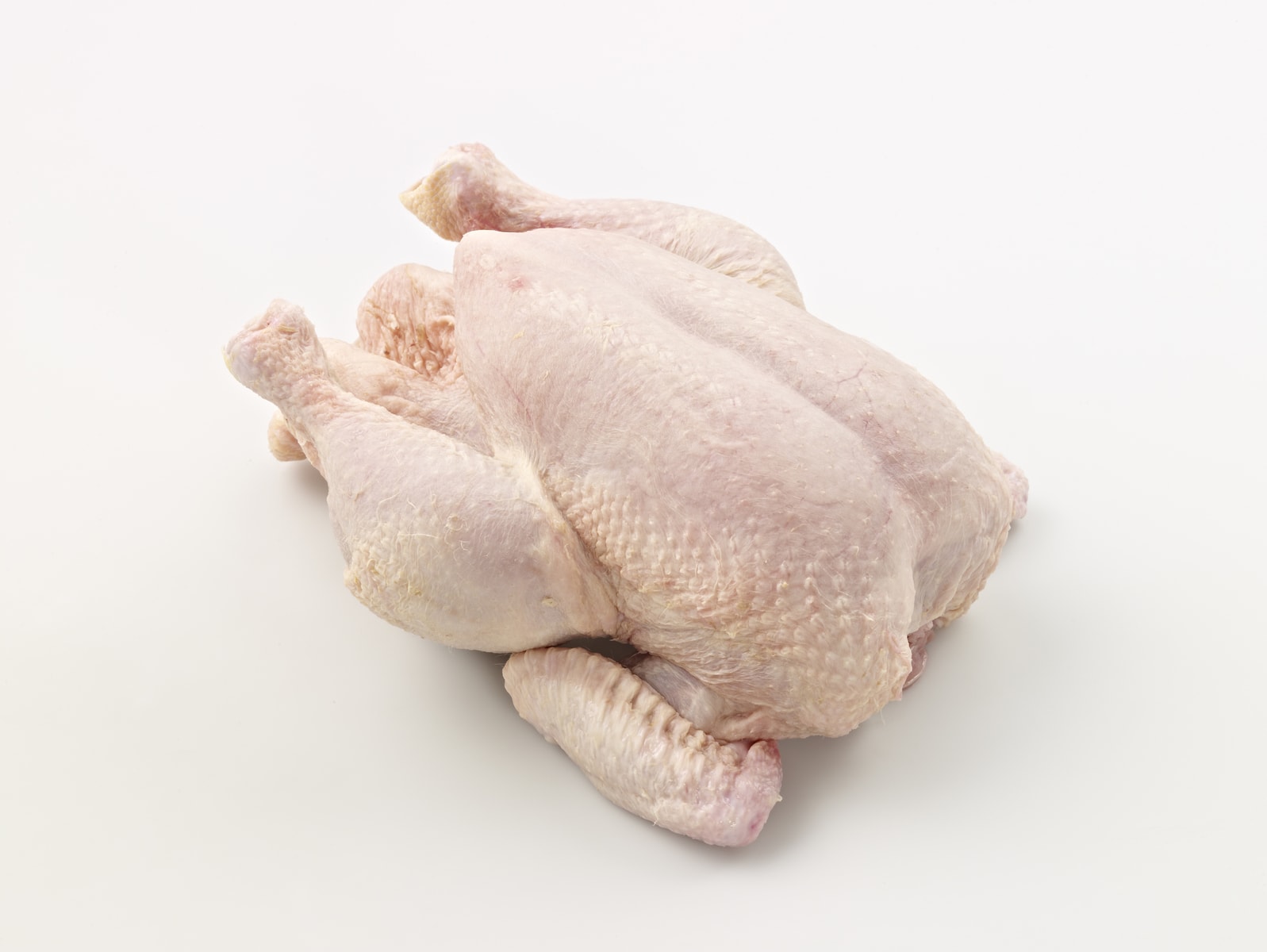
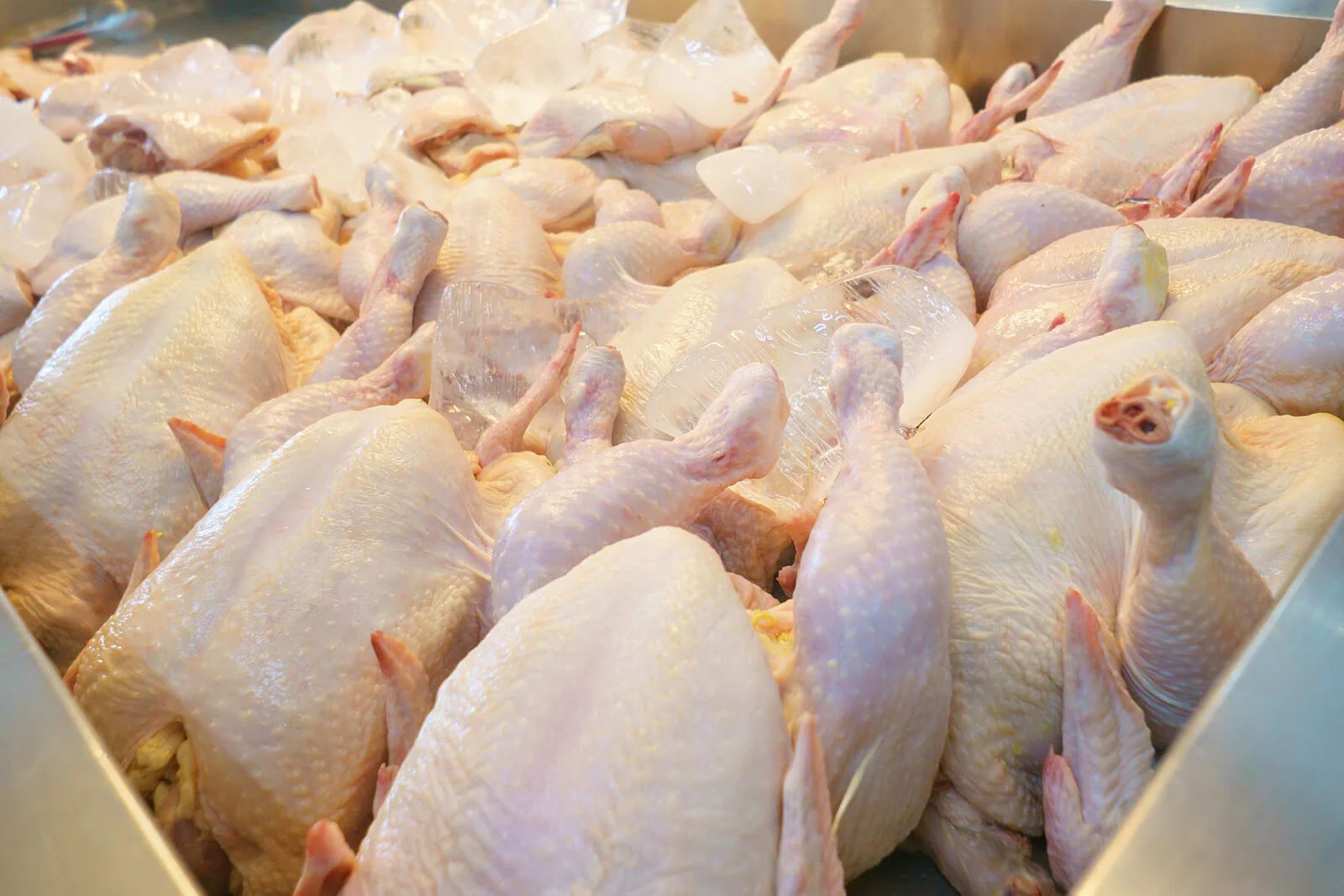
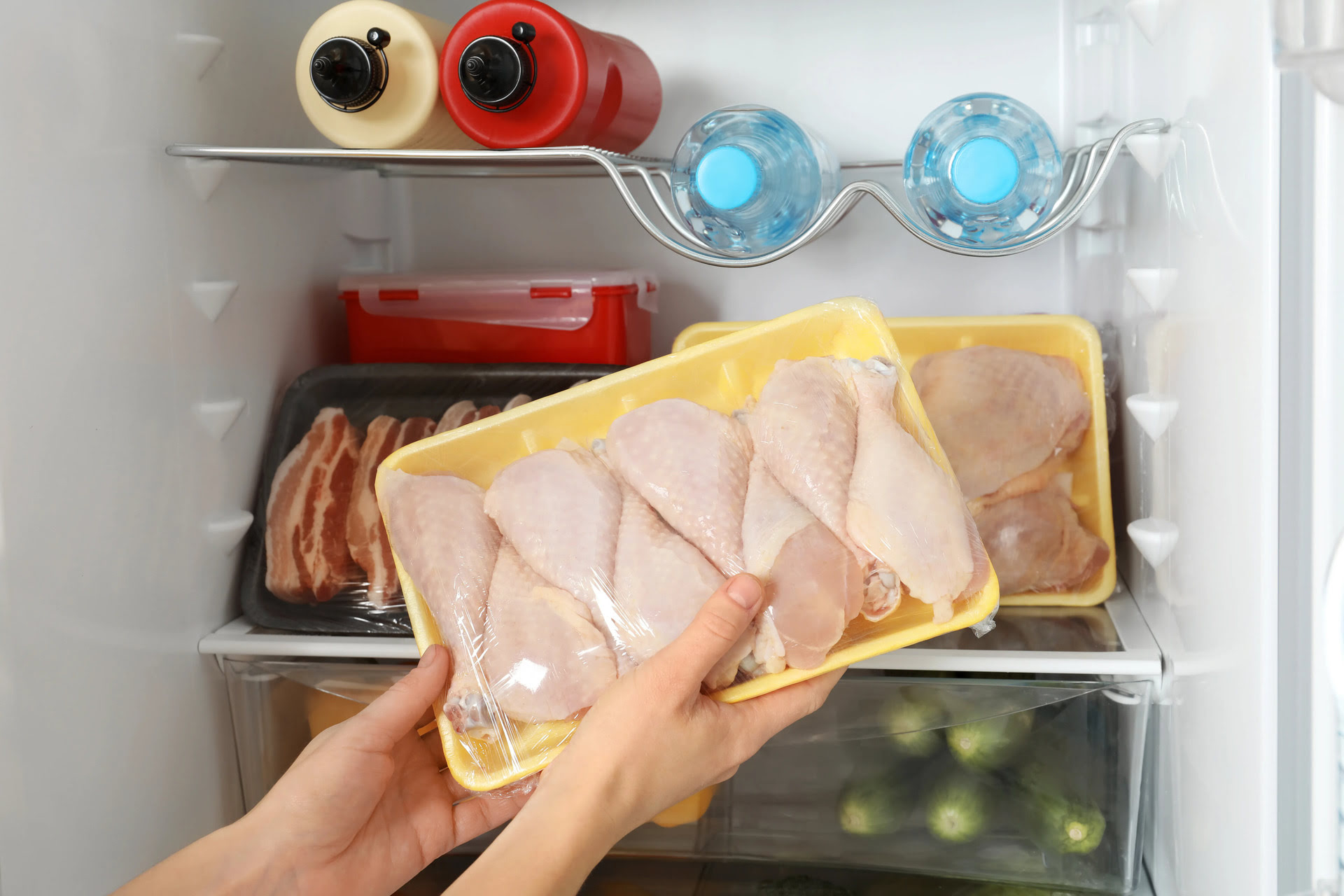
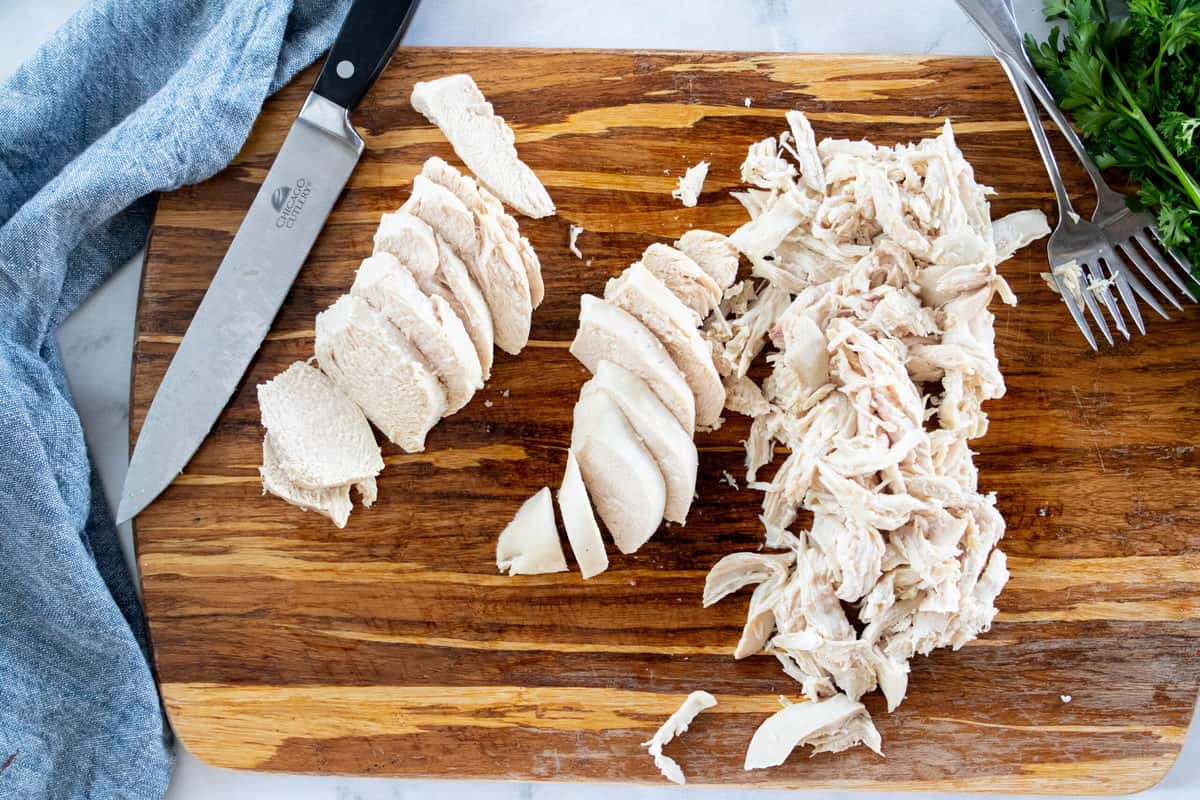
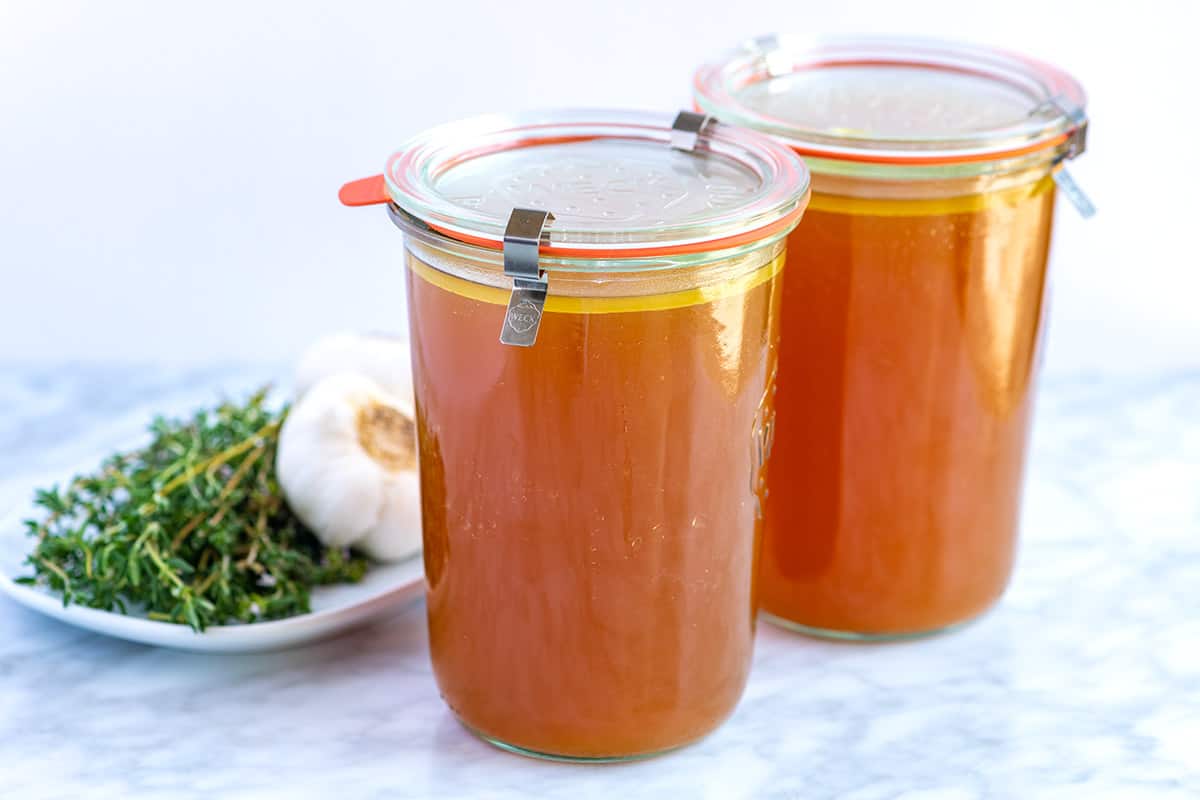
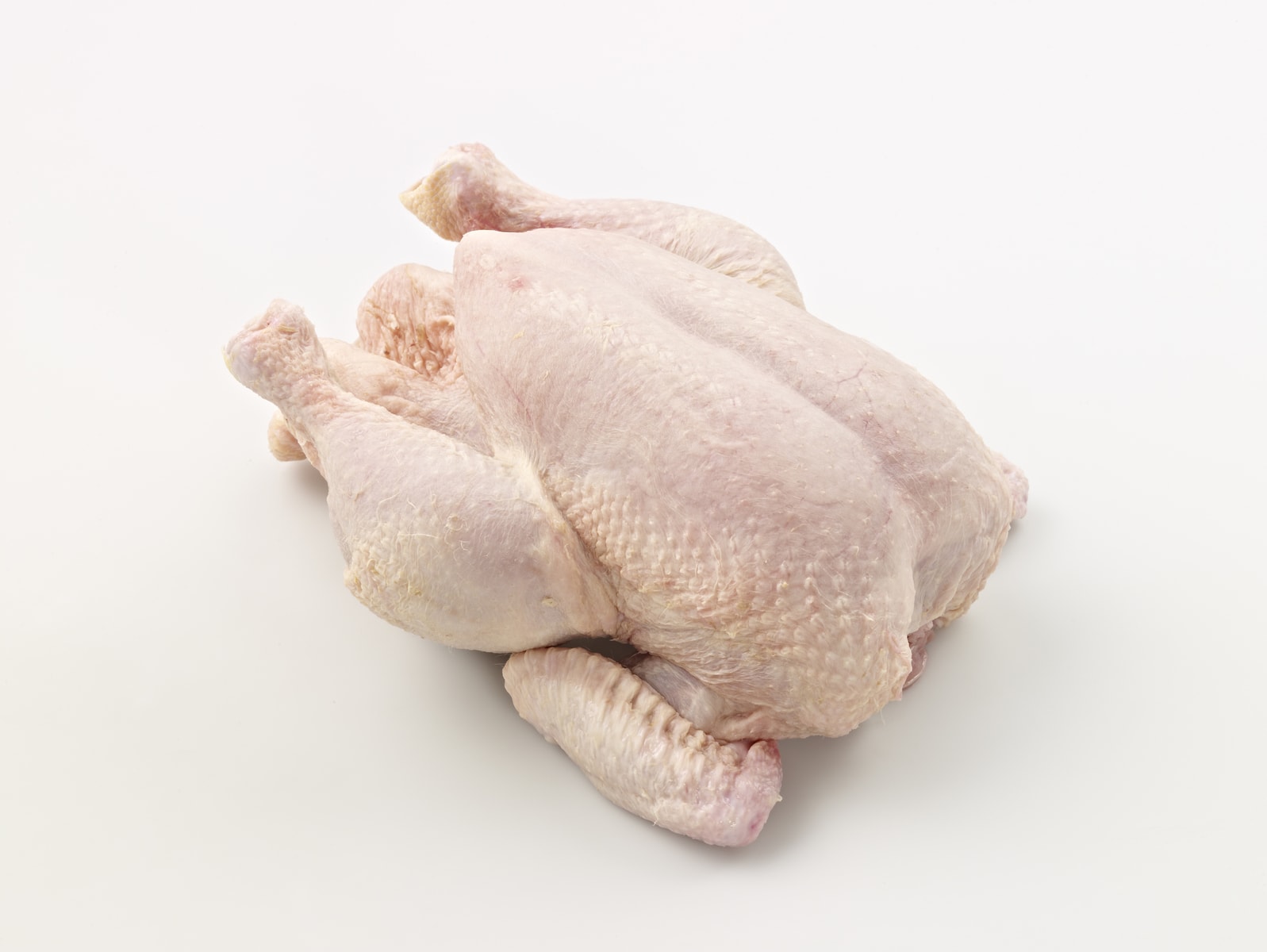


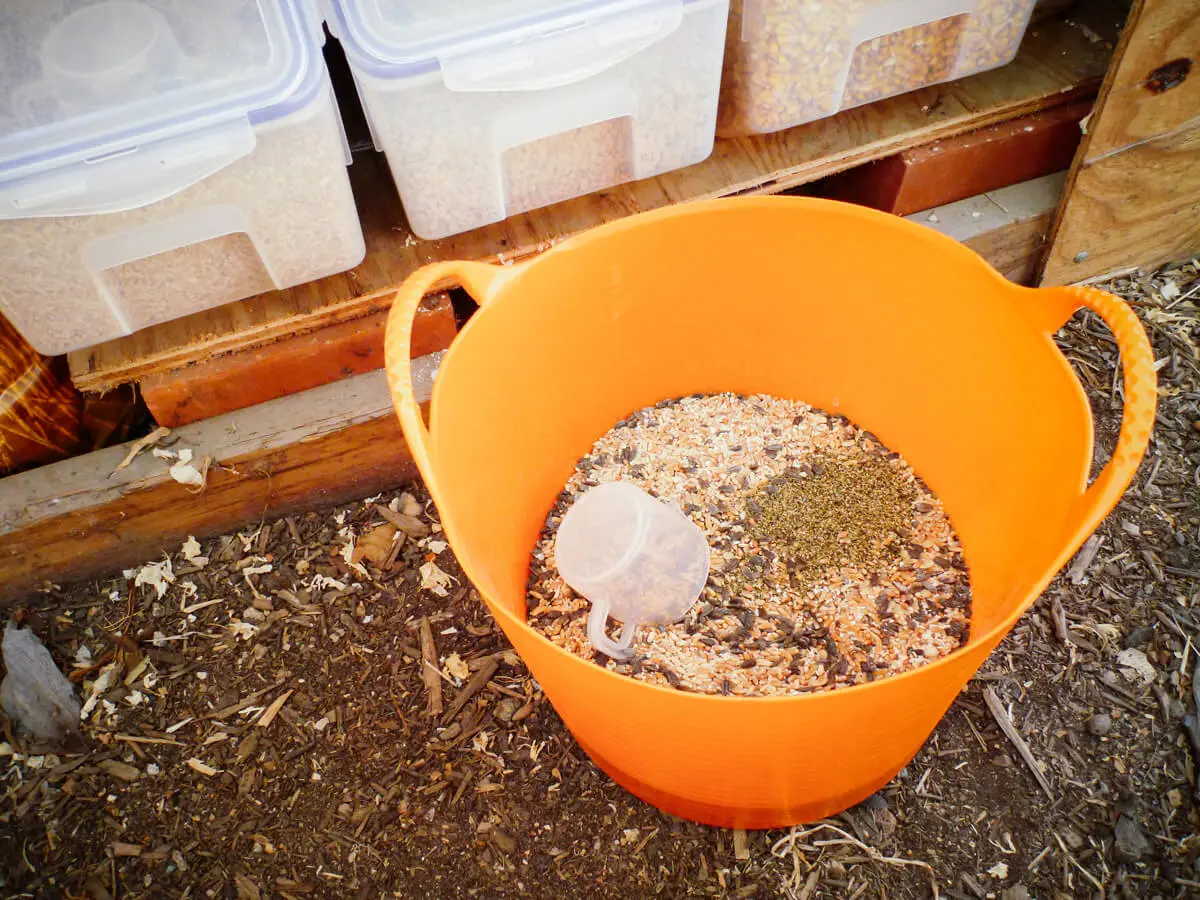
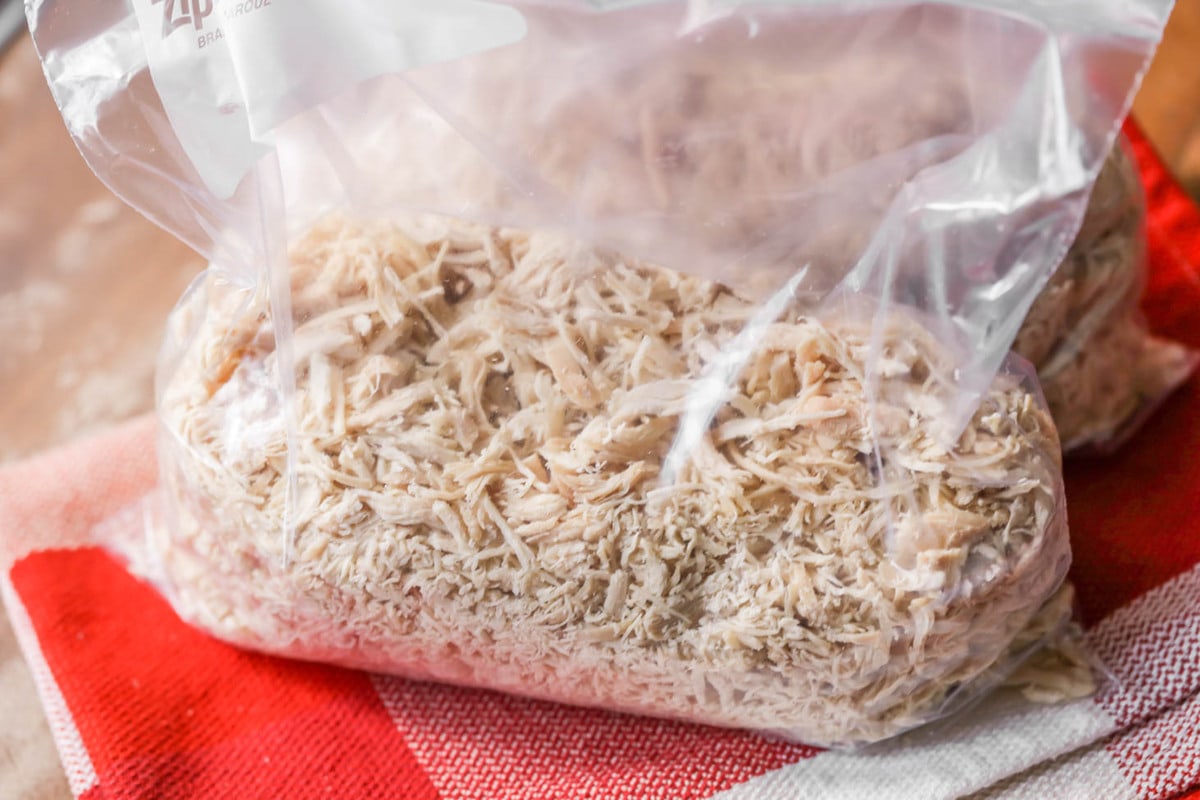
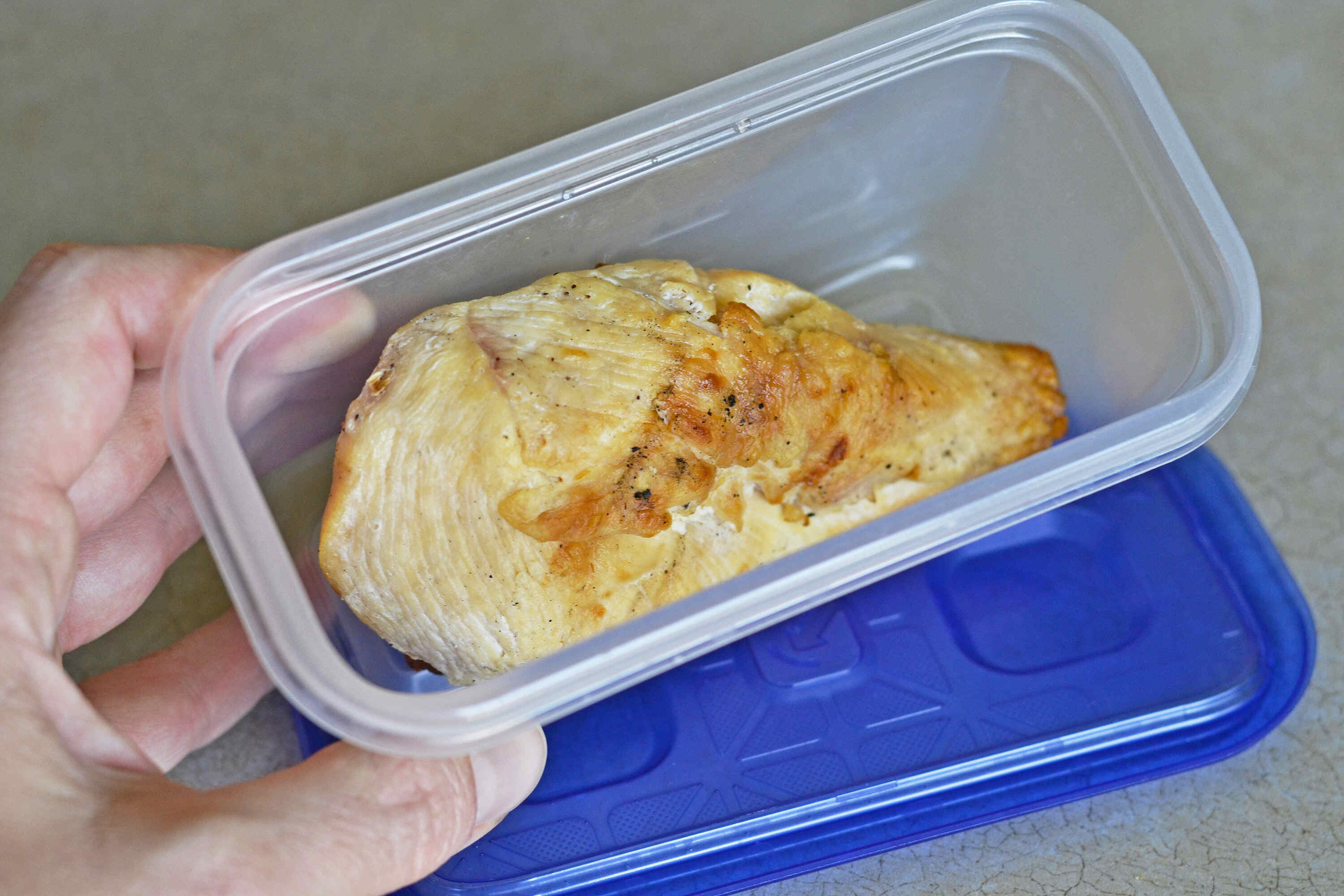

0 thoughts on “How To Store Marinated Chicken”